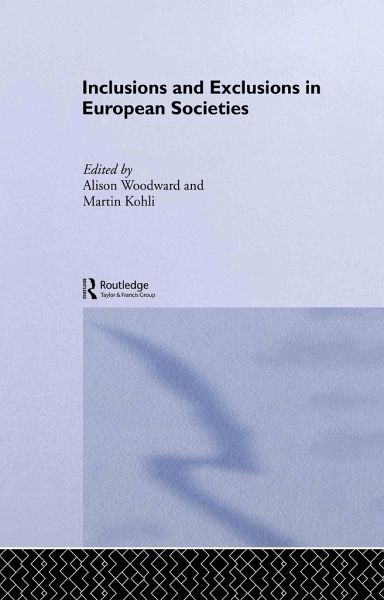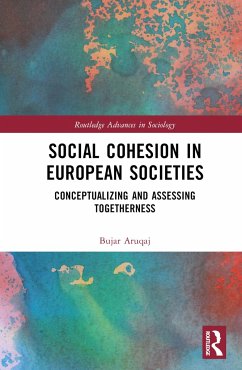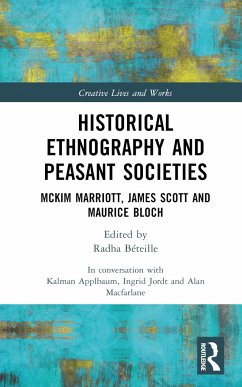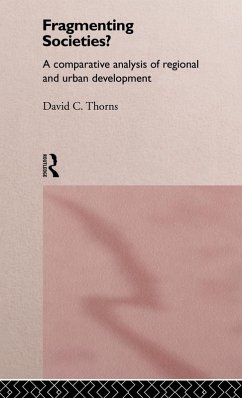
Inclusions and Exclusions in European Societies

PAYBACK Punkte
125 °P sammeln!
European social development over the last century has been characterized by an increasing inclusiveness of people into the ever-larger collectives of the nation state, the European Union and categories of welfare entitlement. Yet recent empirical data suggests that income gaps are growing and that within the physical borders of Europe there is a greater cultural and ethnic heterogeneity than ever before. Effectively, many of the processes of inclusion are accompanied by exclusion and the creation of new borders, identities and rights. Inclusions and Exclusions in European Societies features em...
European social development over the last century has been characterized by an increasing inclusiveness of people into the ever-larger collectives of the nation state, the European Union and categories of welfare entitlement. Yet recent empirical data suggests that income gaps are growing and that within the physical borders of Europe there is a greater cultural and ethnic heterogeneity than ever before. Effectively, many of the processes of inclusion are accompanied by exclusion and the creation of new borders, identities and rights. Inclusions and Exclusions in European Societies features eminent contributors from across Europe addressing the problems of inclusion and exclusion as they affect European societies today. Amongst the topics addressed are: to what extent classical theory provides useful ways of reframing European societies which inequalities in work and welfare persist today and in what ways they have been transformed in processes of European integration how considerations of new identities and the pressure of globalisation affect the forms of inclusion and exclusion in Europe. This book constitutes a unique stock-taking of many of the central issues in European social integration or disintegration today.













